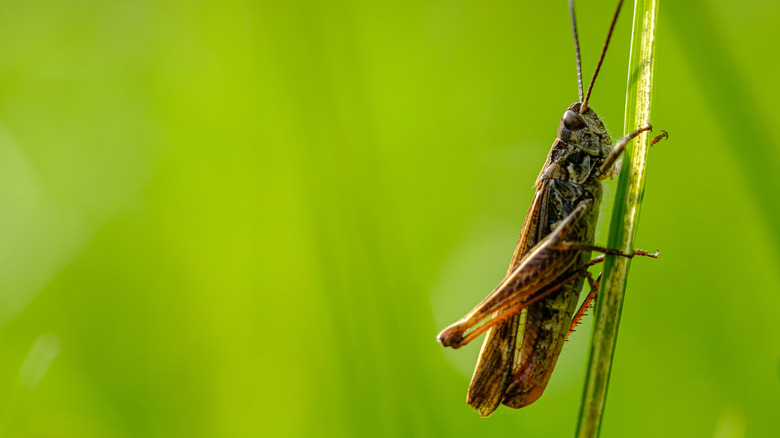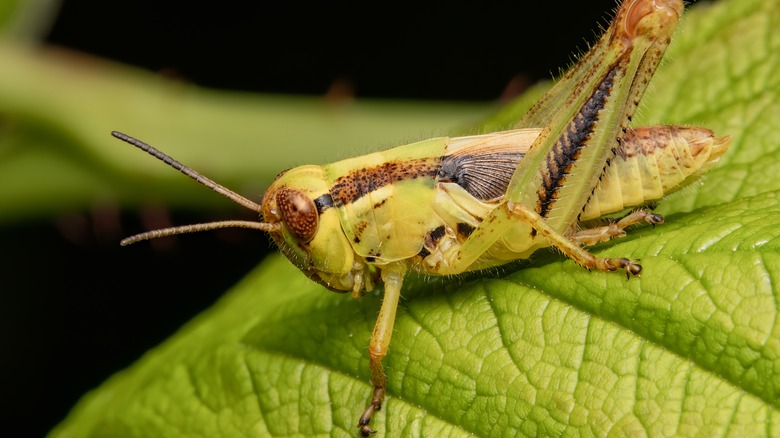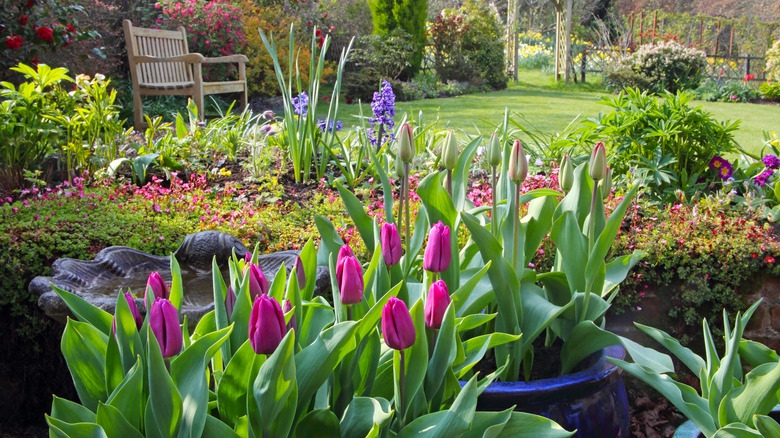The Surprising Truth About Having Crickets In Your Garden
Crickets might not seem like allies in your garden, but their presence can actually bring several advantages to your plants. These insects play a crucial role in maintaining a balanced ecosystem by contributing to soil health and pest control. Unlike more destructive insects, crickets are relatively benign, and their activities can enhance the growing conditions for your plants. Their actions indirectly support plant health by influencing the soil environment and promoting a more vibrant ecosystem.
One of the primary benefits crickets offer is their role in soil aeration. As they burrow and move through the soil, crickets help to loosen compacted earth, which improves root development and water infiltration. This natural soil aeration can be particularly beneficial for garden beds that suffer from heavy or clay-like soils. Improved soil structure allows for better nutrient uptake by plants, which can lead to more robust growth and increased yields.
Crickets also contribute to the garden's nutrient cycling process. As they feed on decaying organic matter and other insects, they help break down this material, turning it into valuable nutrients that become available to plants. This decomposition process enriches the soil and supports the overall health of your garden.
How crickets aid in pest control
Crickets can play a significant role in natural pest management by feeding on a variety of smaller insects and pests and also help in decaying organic matter. They help control populations of insects such as aphids, mites, and even certain types of larvae, which can otherwise become troublesome for plants. By keeping these pest populations in check, crickets reduce the likelihood of infestations that could damage crops and other garden plants.
In addition to crickets, other beneficial insects also contribute to garden health. For example, dragonflies are excellent at controlling mosquito populations, which are often a source of annoyance and potential disease. The presence of such beneficial insects complements the role crickets play, creating a more balanced ecosystem in your garden.
Another important aspect of pest control is understanding the role of other insects. Ladybugs, which are also beneficial, should be preserved rather than eradicated. They are effective predators of aphids and other small pests, contributing further to the balance in your garden. Similarly, crickets help in reducing the numbers of these pests, thus alleviating the pressure on ladybugs and other beneficial insects. This balanced approach ensures a healthier garden environment and minimizes the need for chemical interventions.
Supporting garden health through natural interactions
Crickets contribute to garden health in ways that extend beyond soil aeration and pest control. Their presence is a sign of a diverse and balanced garden ecosystem. Healthy ecosystems are characterized by a variety of interacting organisms, each playing a role in maintaining overall stability. Crickets are part of this intricate web, and their activities support the broader health of your garden.
The decomposition activities of crickets enrich the soil, similar to how earwigs contribute by breaking down organic matter. While earwigs may sometimes be unwelcome, their role in decomposition is actually beneficial, highlighting the importance of understanding each insect's contribution. Crickets, by helping with this process, ensure that the soil remains nutrient-rich and conducive to plant growth.
Moreover, the natural interactions between crickets and other garden inhabitants, such as beneficial insects and soil microorganisms, create a dynamic environment where each component supports the others. This natural balance reduces the need for artificial interventions and promotes a more sustainable approach to gardening. By fostering a habitat where crickets and other beneficial creatures thrive, you are encouraging a healthier, more resilient garden that can withstand pests and disease with greater ease.


